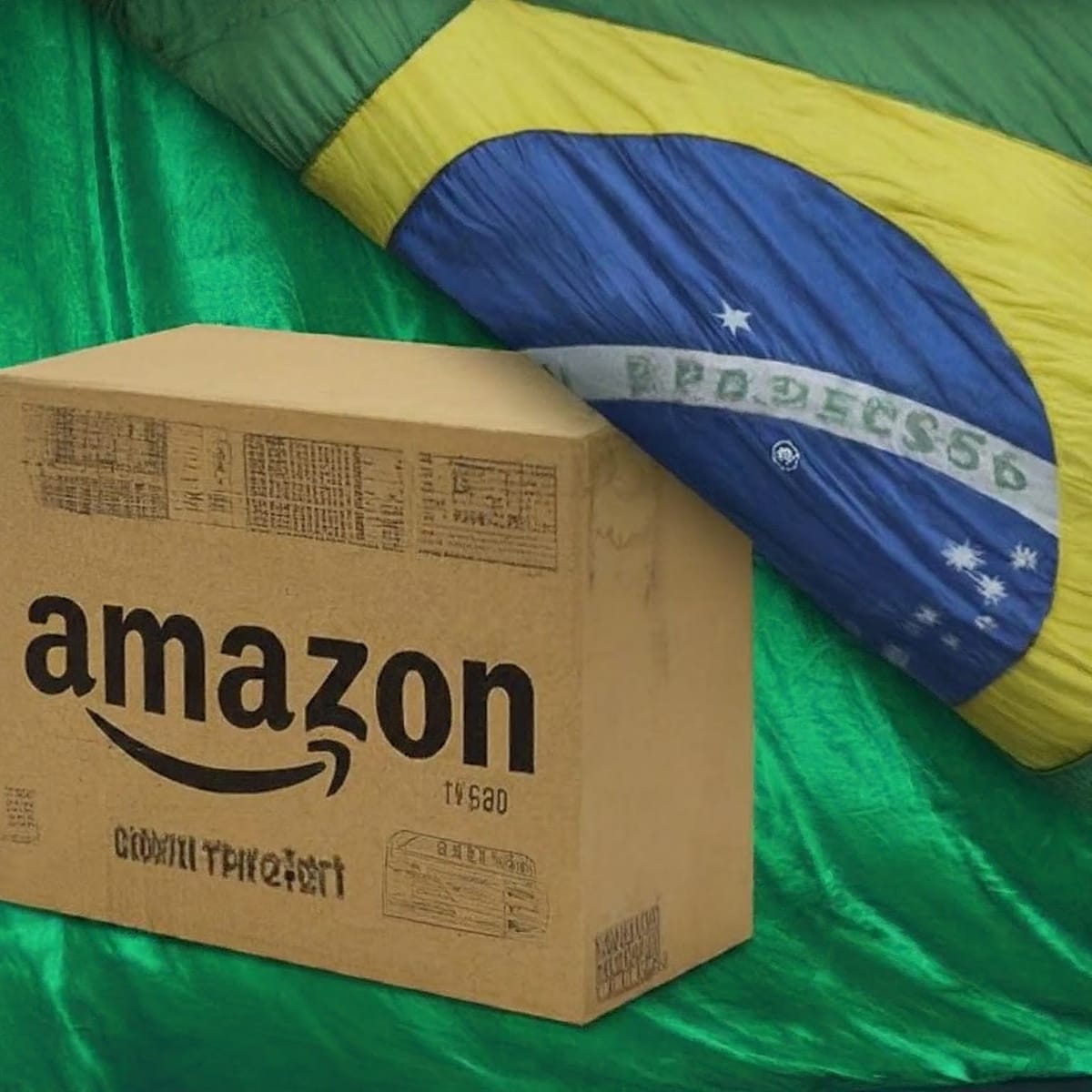Amazon's Strategic Expansion into Brazil: A New Frontier for E-Commerce Growth

Amazon's recent expansion into Brazil marks a significant milestone in the e-commerce giant's global strategy. This move is not just about entering a new market; it represents a strategic decision to tap into one of the fastest-growing e-commerce landscapes in Latin America. Let's explore what this expansion means for Amazon, local businesses, and consumers.
Why Brazil?
Brazil's e-commerce sector has shown robust growth over the past few years, making it a lucrative market for international sellers. The country's large population, coupled with an increasing penetration of internet and mobile usage, presents a fertile ground for Amazon's diverse offerings.
- Market Opportunity: Brazil is one of the largest economies in Latin America, with a growing middle class and increasing digital consumer base. Amazon's presence could revolutionize how Brazilian consumers shop, bringing a new level of convenience and service.
- Infrastructure Utilization: Amazon can leverage its vast experience in logistics and customer service to navigate the complexities of the Brazilian market. The integration with its North America unified account system simplifies operations for existing sellers looking to expand their reach.
- Challenges: Despite the opportunities, entering Brazil comes with its set of challenges, including stringent regulatory frameworks, diverse consumer preferences, and logistical hurdles typical of emerging markets.
Impact on Local E-Commerce
Amazon's entry into Brazil is set to increase competition, compelling local businesses to innovate and improve their online offerings. This could lead to better prices, improved customer service, and broader product assortments for Brazilian consumers.
- Local Competition: Local e-commerce players will need to strategize effectively to compete with Amazon's pricing, variety, and delivery services. This may accelerate digital transformation among local retailers.
- Consumer Benefits: Brazilian consumers stand to benefit from Amazon's competitive pricing, extensive product range, and customer-centric policies, including fast shipping and easy returns.
What This Means for Global E-Commerce
Amazon’s strategy in Brazil underscores the importance of global market diversification in the digital age. For businesses, this move highlights several considerations for international expansion:
- Cultural Adaptation: Understanding and adapting to local culture and shopping habits is crucial. Amazon's approach in Brazil could serve as a case study for other businesses looking to enter similar markets.
- Regulatory Navigation: Companies must navigate local regulations adeptly to succeed. Amazon’s expansion can provide insights into handling regulatory challenges in Brazil.
- Scalability: Utilizing scalable business models and infrastructure is key to managing costs and maintaining service quality across diverse markets.
Conclusion
Amazon's expansion into Brazil represents a transformative phase in the e-commerce landscape, not just for the company but for the entire region. As Amazon adapts and potentially thrives in this vibrant new market, it will set precedents for e-commerce operations, consumer engagement, and competitive dynamics globally.
FAQ Section
Q: How will Amazon integrate its services with local Brazilian markets?
- A: Amazon plans to utilize its North America unified account system to streamline operations, allowing sellers to manage transactions across multiple regions seamlessly.
Q: What benefits does Amazon's entry bring to Brazilian consumers?
- A: Consumers can expect a broader range of products, competitive pricing, and enhanced customer service, including faster delivery options.
Q: What strategies should local Brazilian e-commerce businesses adopt in response to Amazon's entry?
- A: Local businesses should focus on differentiating their products, improving customer service, and possibly exploring niche markets to maintain competitive advantage.
Amazon's move into Brazil is more than just business expansion; it's about setting a new standard in global e-commerce practices and fostering growth in emerging markets. This strategic initiative will likely inspire further innovations and transformations within the e-commerce industry worldwide.




